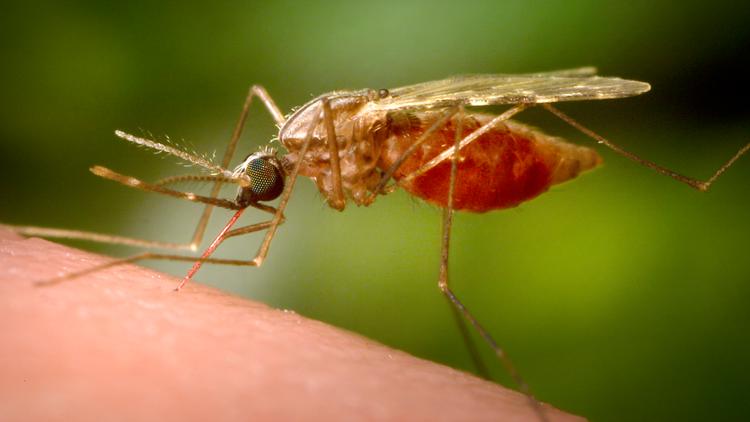Breaking News: Oropouche Virus Alert in the U.S.

Recently, the U.S. Centers for Disease Control and Prevention issued a warning about an emerging health threat. More than 20 individuals returning from Cuba have been diagnosed with Oropouche virus disease, also known as sloth fever. This virus is transmitted by bugs and can cause a range of symptoms.
All reported cases have been in individuals who had traveled to Cuba. While there is no evidence of local transmission in the U.S., health officials are urging caution and vigilance.
What is Oropouche Virus?
Oropouche virus is a pathogen that originates in forested tropical regions. It was first discovered in 1955 and is primarily spread by small biting flies and some mosquitoes. The virus can cause fever, headaches, muscle aches, and other flu-like symptoms. In severe cases, it can lead to complications such as bleeding, meningitis, and encephalitis.
Spread and Symptoms
Humans typically contract Oropouche virus while visiting wooded areas inhabited by infected insects. Symptoms can mimic those of other tropical diseases like dengue and Zika, making diagnosis a challenge. There is currently no specific treatment or vaccine for this virus.
Current Cases and Concerns
As of now, there have been 21 confirmed cases in the U.S., with the majority linked to travel to Cuba. Officials are investigating reports of potential vertical transmission from pregnant women to fetuses, raising concerns similar to those seen during the Zika outbreaks.
The CDC recommends caution for travelers, especially pregnant women, and advises taking preventive measures such as using insect repellents and covering exposed skin.
Stay informed and stay safe!




